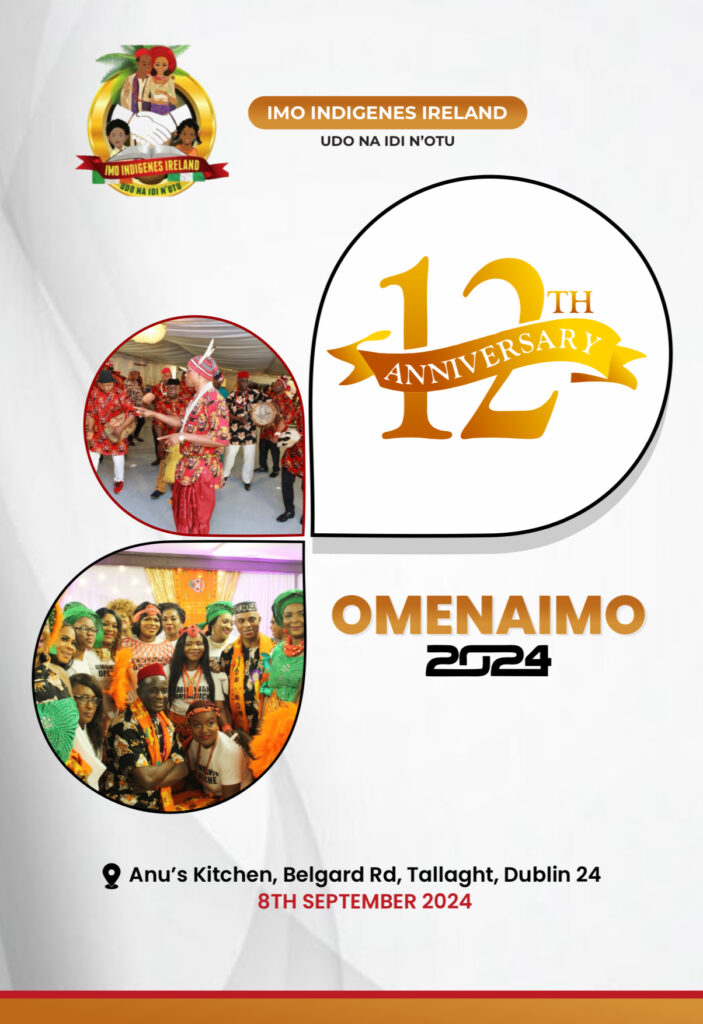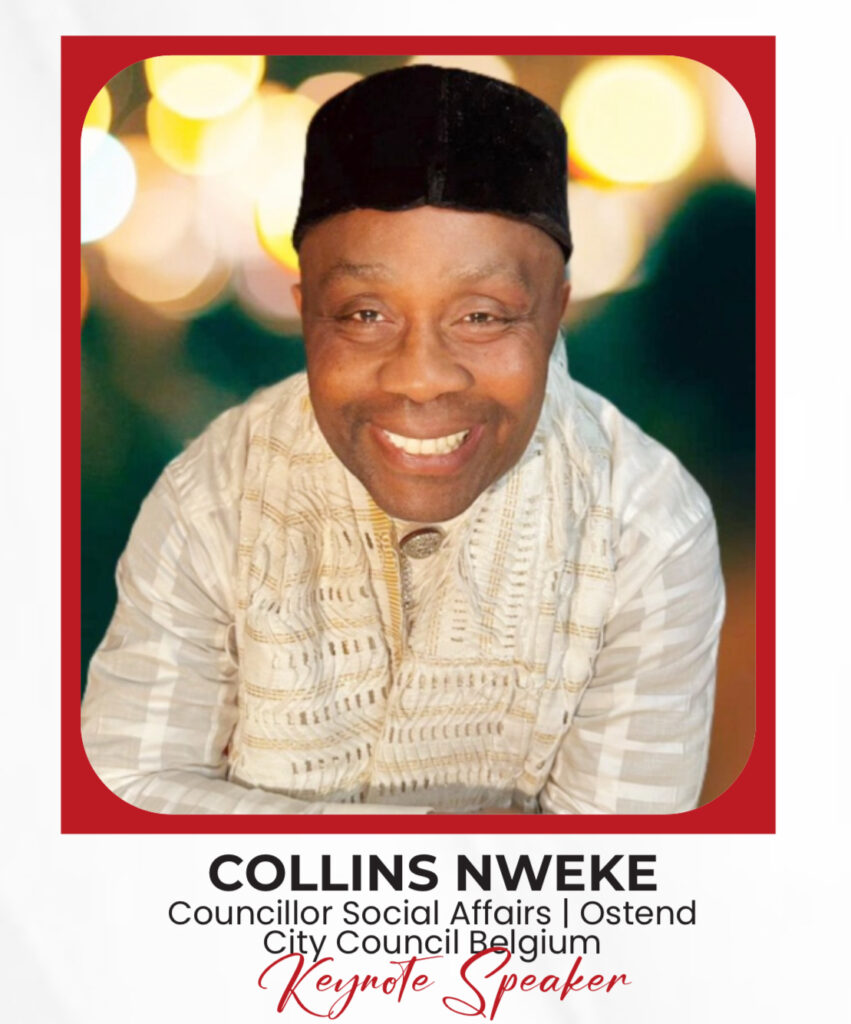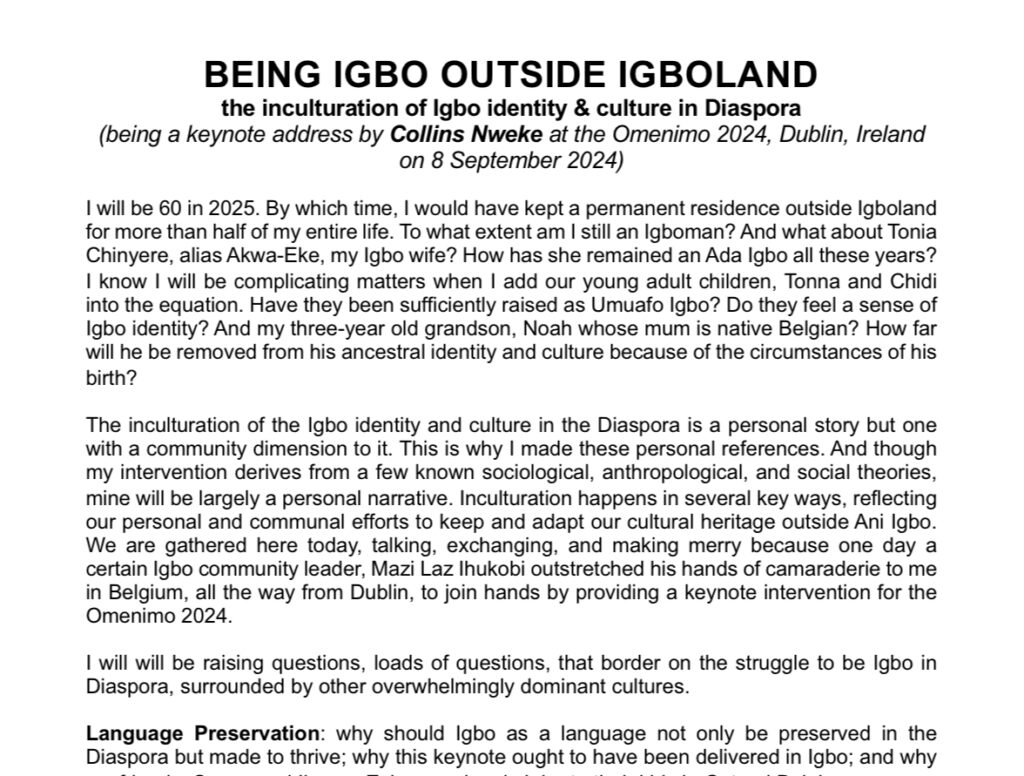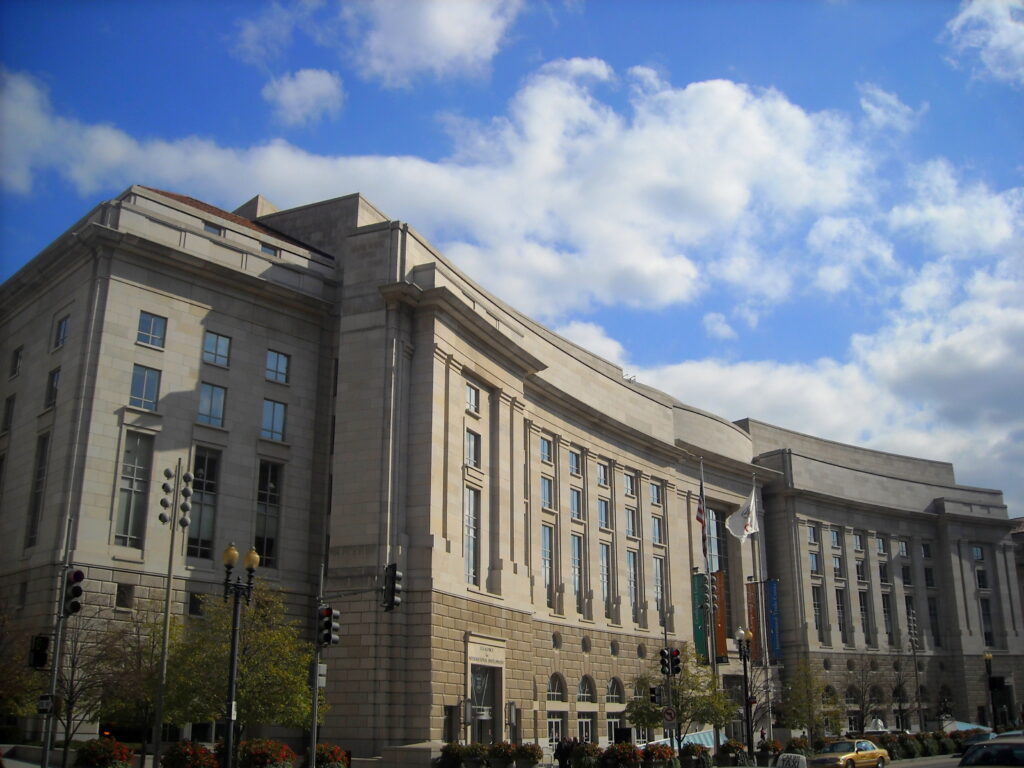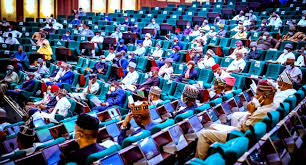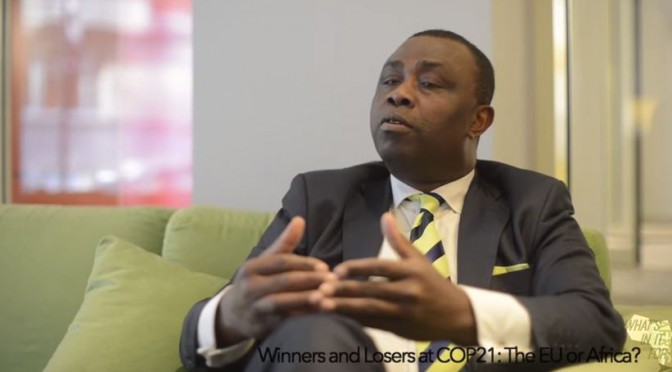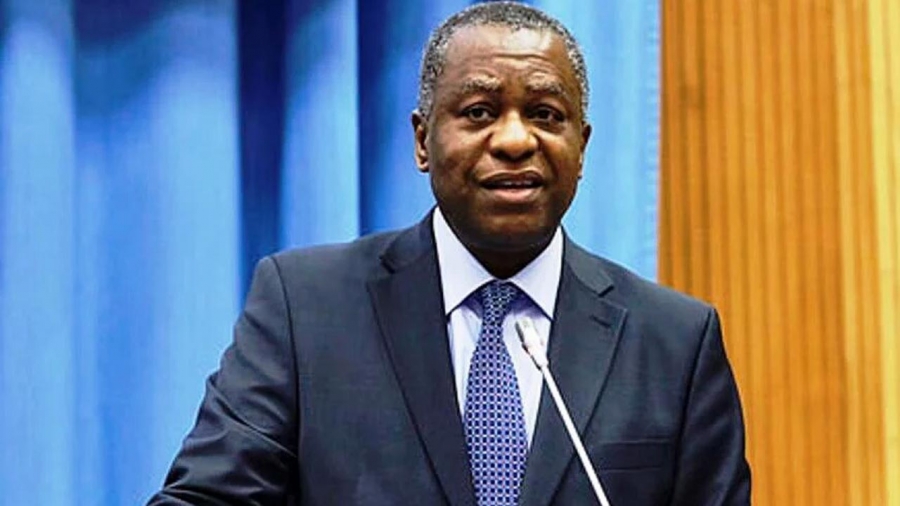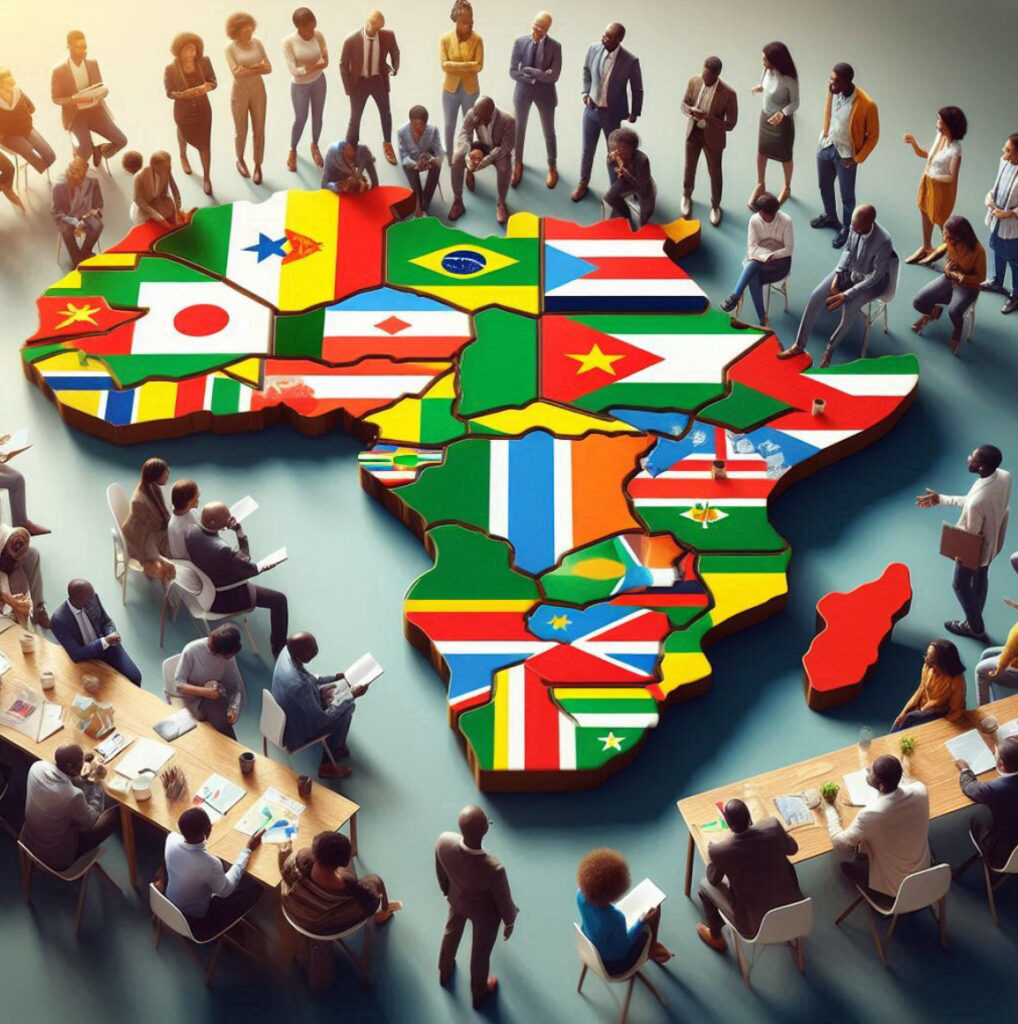
When Niger, Mali, and Burkina Faso abruptly withdrew from the Economic Community of West African States (ECOWAS) forming the Alliance of Sahel States (also known by its French acronym AES) some did not take them seriously. The olive branch extended by some critical stakeholders keen to see a de-escalation in the crisis began to lower in January 2024 when the trio formally withdrew from the bloc. Anger, resentment, and other emotions may be inevitable. However every prudent leader must realise that a comprehensive and inclusive approach is essential to prevent the AES formation from leading to further regional instability. By fostering dialogue, enhancing security cooperation, and promoting sustainable development, ECOWAS, the AU, and the international community must play a role in building a more united and prosperous West Africa.
Before delving into the specific roles of the core regional, continental, and global stakeholders, it is essential to provide an overview of how we arrived at this point. As of February 2025, the government of Niger Republic has implemented several significant changes to its border regulations, particularly affecting its relationship with Nigeria. There have been border closures and reopenings following the military coup in July 2023. The introduction of new travel documents followed swiftly. In line with AES initiatives, Niger introduced a joint biometric passport for its citizens, to facilitate movement within the alliance. However, this new passport has faced recognition challenges from non-AES countries, like Senegal. This led to trade restrictions, when in October 2024, Niger imposed a comprehensive ban on food exports to countries outside the AES, including Nigeria. This measure was officially positioned as a means to boost agricultural self-reliance within the alliance but it has (unintentionally?) disrupted traditional trade flows between Niger and Nigeria.
Without doubts, these developments reflect Niger’s shift towards strengthening ties with its immediate neighbours within the AES framework, while asserting its sovereignty and redefining its relationships and border policies with countries like Nigeria. The core question remains whether or not Niger has focused only on the gains of its moves and has overlooked the potential losses
Gains and Losses from Niger-Nigeria Border War
The border closures created short-term economic and social hardships, particularly for vulnerable populations and businesses. However, they also presented opportunities for improving national security, promoting local economic development, and asserting political independence. Long-term gains will depend on the success of Niger’s domestic policies and its cooperation within the Alliance of Sahel States. We must remember that the first attempt at a Sahel alliance fell apart. Could it be that it will succeed this time around because they are dancing to the tunes of more determined foreign drummers focused on redrawing the World Order? That remains to be seen. But as far as our mortal eyes can carry us, we can’t lose sight of some obvious gains.
The Gains
The gain that springs most obviously to the eyes is security enhancement. The border closures aimed to curb the movement of armed groups, smuggling, and other illicit activities, contributing to national security, particularly in Niger, which faces threats from extremist groups. The border closures led to a temporary reduction in cross-border crimes such as human trafficking, drug smuggling, and arms trafficking. A boost to domestic production is another important gain in the stride to agricultural self-sufficiency. By reducing dependency on imports, Niger sought to encourage local agricultural production, supporting its intentional national food security goals and local industry sufficiency. The restrictions provided opportunities for local industries to meet domestic demand, fostering industrial growth.
There is also political leverage that we may not discontenance. For Niger, the border closures were part of a broader strategy to assert its sovereignty and negotiate better terms in regional alliances, particularly after its exit from ECOWAS and the formation of the Alliance of Sahel States (AES).
The Losses
Analysts for Niger of the costs-benefits of their border strategy have a number of losses to contend with. For a start, economic disruption by way of trade decline is a critical factor. The border closures severely impacted cross-border trade. Both formal and informal trade, including agricultural products, livestock, and manufactured goods, experienced significant reductions. The attendant revenue loss has had significant impact on the fragile economy. Governments of both Niger and Nigeria lost customs duties and taxes collected from cross-border trade, impacting national and local economies. The humanitarian impact manifesting in food insecurity was pretty visible. Niger, which relies on food imports from Nigeria, faced increased food insecurity. Rising food prices worsened conditions for vulnerable populations. Many small-scale traders, transporters, and border communities that depend on cross-border trade for their livelihoods faced economic hardship.
The social and cultural disruptions is another critical loss. It is said that in the border area between Niger and Nigeria, some homes have their living rooms in one country and their bedrooms in the other country. In other words, limited movement and restrictions on free movement of people disrupted daily life. Families and communities with cross-border ties are separated, affecting social cohesion, employment, and education opportunities, especially for those who frequently crossed borders, not to mention the strained diplomatic relations between Niger and Nigeria.
The Strategic Approach
To address the potential crisis resulting from the formation of the Alliance of Sahel States (AES) by Niger, Mali, and Burkina Faso, a coordinated and pragmatic approach is essential. ECOWAS, the African Union (AU), and the broader international community should prioritize diplomatic engagement, security cooperation, and socioeconomic development to foster regional stability.
ECOWAS as key actor
The ECOWAS has the prime responsibility of demonstrating good faith by efforts at rebuilding trust for regional unity. The bloc is formally on records to have started off well. In its 29 January 2025 Declaration formally acknowledging the withdrawal of the trio of Mali, Niger, and Burkina Faso from ECOWAS, it placed a four-point instruction before member states as follows:
1. recognize National passports and identity cards bearing ECOWAS logo held by the citizens of Burkina Faso, the Republic of Mali and the Republic of Niger, until further notice.
2. continue to treat goods and services coming from the three countries in accordance with the ECOWAS Trade Liberalization Scheme (ETLS) and investment policy.
3. allow citizens of the three affected countries to continue to enjoy the right of visa free movement, residence and establishment in accordance with the ECOWAS protocols until further notice.
4. provide full support and cooperation to ECOWAS officials from the three countries in the course of their assignments for the Community.
Determined to avoid confusion and disruption in the lives and businesses of the ECOWAS population during what it described as a transition period, the instruction to member states added that the arrangements will be in place until the full determination of the modalities of our future engagement with the three countries by the ECOWAS Authority of Heads of State and Governments. The Commission has set up a structure to facilitate discussions on these modalities with each of the three countries.
It could be gleaned from the ECOWAS statement that it pays or intends to pay premium to Inclusive Dialogue when it indicated the establishment of requisite structure to facilitate discussions on modalities with each of the three Sahel economies. Without delay and despite the new border regulations announced recently by Niger, ECOWAS should initiate high-level diplomatic dialogues with the AES states, ensuring that their security and governance concerns are addressed within the framework of regional integration. The dialogue should aim to rebuild trust and explore pathways for their re-entry into ECOWAS.
Talking of framework, ECOWAS can be served better by a flexible governance framework. It should consider revising its governance protocols to accommodate the specific political and security challenges faced by Sahel states, promoting inclusivity and understanding. There must be Security Collaboration with the establishment of joint security initiatives with AES to combat terrorism, insurgency, and cross-border crime, reinforcing collective security while respecting the sovereignty of member states.
Some may find this misplaced but from an economic standpoint, providing incentives to AES states is a strategic investment that can restore regional economic integration, stabilise food supply chains, reduce the costs of conflict, and strengthen ECOWAS’s long-term influence. By promoting inclusive economic growth and enhancing trade and infrastructure, ECOWAS can foster a more prosperous and interconnected West Africa, benefiting all member states in the long run.
Of all the arguments in support of a strategic approach to managing the Sahel States crisis, the most compelling perhaps is the need to maintain strategic geopolitical and economic influence. Providing economic incentives reinforces ECOWAS’s role as the primary regional organization, strengthening its influence and maintaining regional cohesion. There is probably no smarter way of countering external influence. This is because supporting the Sahel States economically can reduce their reliance on external actors, such as non-African powers, ensuring that regional development aligns with ECOWAS’s long-term interests. Other factors circle around restoration of regional economic integration, strengthening supply chain and food security, and promoting long-term economic growth and stability.
It is not unimportant to consider the Cost-Benefit Perspective where we look at the short-term costs versus long-term gains. While providing incentives may involve short-term financial costs, the long-term benefits, such as increased trade, economic growth, and political stability, far outweigh these initial critical investments. Numerous studies have proven that infrastructure investments and trade facilitation measures generate a multiplier effect by stimulating private sector growth, increasing government revenues, and improving living standards.
African Union (AU) as key Pan-African Mediator
A role naturally cut out for the African Union is that of Neutral Mediation, facilitating dialogue between ECOWAS, AES, and other stakeholders to prevent further fragmentation of the region. A Continental Security Strategy is an imperative of our time. This should aim to strengthen the African Peace and Security Architecture (APSA). It should also address the root causes of insecurity in the Sahel, ensuring a coordinated response to terrorism and political instability. The newly elected President of the African Union Commission, Ambassador Mahmoud Ali Youssouf, whose mantra is “Silencing the Guns” has an obligation to ensuring that all nations of Africa, especially his native Djibouti return to constitutional order. Another critical role for the AU is the mobilisation of humanitarian assistance to mitigate the impact of border closures and economic disruptions on vulnerable populations, promoting regional stability and goodwill.
The broader International Community as Enablers of Sustainable Development and Governance
An essential component of sustainable peace and development is Diplomatic Engagement. The United Nations, European Union, and other international partners should support AU and ECOWAS-led mediation efforts, emphasizing dialogue and peaceful conflict resolution. The region must be provided with targeted security assistance to help both ECOWAS and AES states combat terrorism, while ensuring that such support aligns with international human rights standards. They should increase investments in sustainable development, including education, healthcare, and infrastructure, to address the root causes of conflict and foster long-term stability. Related to this is capacity building. The AU should support governance reforms, anti-corruption measures, and inclusive political processes to strengthen state institutions and improve governance in both ECOWAS and AES countries.
No strategic approach to negotiated settlement of the crises with the Alliance of Sahel States can be said to be cast in stones but a well- considered implementation roadmap can certainly be put in place. A three-phase roadmap of short, medium, and long term is recommended.
The short term is a six-month duration in which diplomatic dialogue between ECOWAS, AES, and the AU is initiated. The focus will be on confidence-building measures and reducing tensions. In a subsequent eighteen-month medium term phase, joint security initiatives should be recommended to implement economic incentives to encourage regional cooperation. This then ushers in a five-year long term phase of consolidation, promotion of sustainable development, and good governance, ensuring that the root causes of conflict and insecurity are addressed.
In conclusion, the pressing issue remains the military coups and the return to constitutional order. In hindsight, the immediate use of threats and sanctions by ECOWAS has proven ineffective in addressing the series of military takeovers. However, recent actions indicate that ECOWAS has learned valuable lessons and is now striving to balance its commitment to democratic governance with the need for peace and stability in the Sahel. By prioritizing dialogue, supporting socioeconomic development, and addressing the root causes of political instability, ECOWAS can facilitate a peaceful return to constitutional order in Niger, Mali, and Burkina Faso. This approach not only aims to maintain regional unity and long-term stability but also demonstrates strength and resilience, not weakness.
ABOUT THE AUTHOR: Collins Nweke is a former Green Councillor at Ostend City Council, Belgium where he served three consecutive terms until December 2024. He is a Fellow of both the Chartered Institute of Public Management of Nigeria and Institute of Management Consultants. He is also a Distinguished Fellow of the International Association of Research Scholars and Administrators, where he serves in its Governing Council. He writes from Brussels, Belgium.

